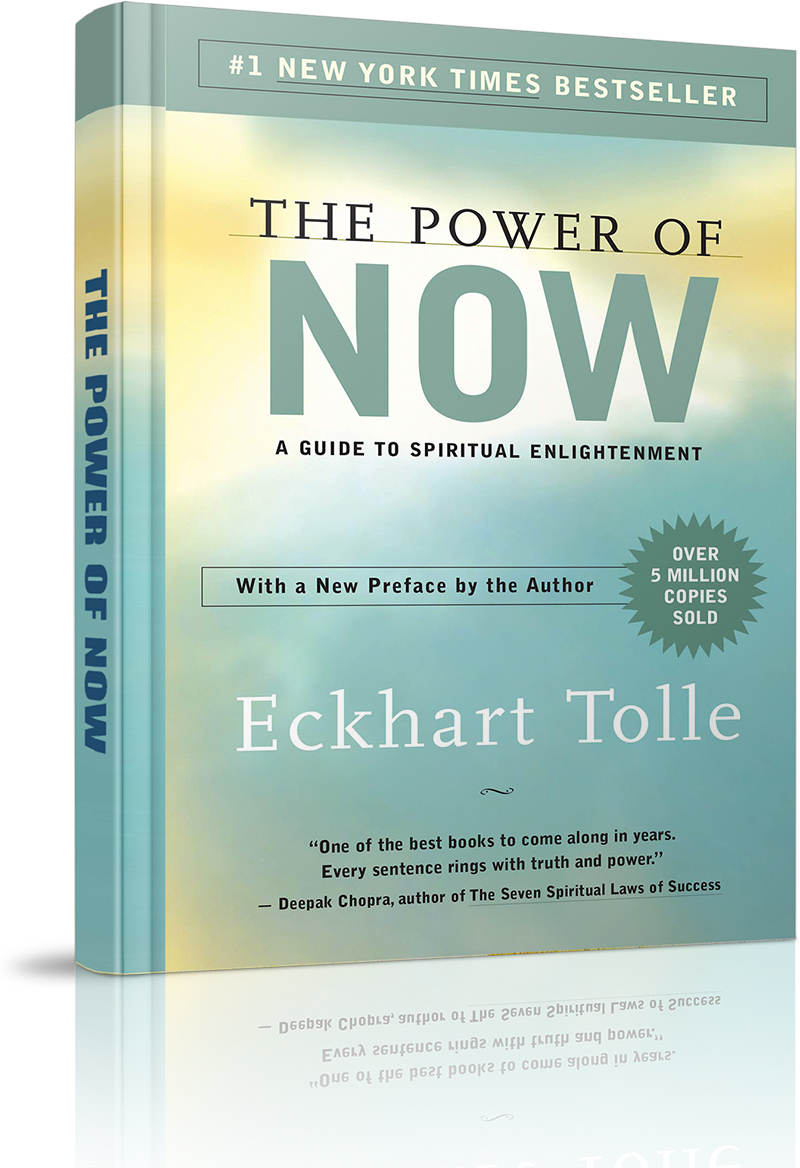Đừng cư xử với người khác tương ứng với sự xấu xa của họ, mà hãy cư xử tương ứng với sự tốt đẹp của bạn. (Don't treat people as bad as they are, treat them as good as you are.)Khuyết danh
Đừng cư xử với người khác tương ứng với sự xấu xa của họ, mà hãy cư xử tương ứng với sự tốt đẹp của bạn. (Don't treat people as bad as they are, treat them as good as you are.)Khuyết danh
Để có đôi mắt đẹp, hãy chọn nhìn những điều tốt đẹp ở người khác; để có đôi môi đẹp, hãy nói ra toàn những lời tử tế, và để vững vàng trong cuộc sống, hãy bước đi với ý thức rằng bạn không bao giờ cô độc. (For beautiful eyes, look for the good in others; for beautiful lips, speak only words of kindness; and for poise, walk with the knowledge that you are never alone.)Audrey Hepburn
Khi tự tin vào chính mình, chúng ta có được bí quyết đầu tiên của sự thành công. (When we believe in ourselves we have the first secret of success. )Norman Vincent Peale
Sự giúp đỡ tốt nhất bạn có thể mang đến cho người khác là nâng đỡ tinh thần của họ. (The best kind of help you can give another person is to uplift their spirit.)Rubyanne
Hãy thận trọng với những hiểu biết sai lầm. Điều đó còn nguy hiểm hơn cả sự không biết. (Beware of false knowledge; it is more dangerous than ignorance.)George Bernard Shaw
Ai bác bỏ đời sau, không ác nào không làm.Kinh Pháp cú (Kệ số 176)
Người nhiều lòng tham giống như cầm đuốc đi ngược gió, thế nào cũng bị lửa táp vào tay. Kinh Bốn mươi hai chương
Những khách hàng khó tính nhất là người dạy cho bạn nhiều điều nhất. (Your most unhappy customers are your greatest source of learning.)Bill Gates
Ai sống một trăm năm, lười nhác không tinh tấn, tốt hơn sống một ngày, tinh tấn tận sức mình.Kinh Pháp cú (Kệ số 112)
Mỗi ngày khi thức dậy, hãy nghĩ rằng hôm nay ta may mắn còn được sống. Ta có cuộc sống con người quý giá nên sẽ không phí phạm cuộc sống này.Đức Đạt-lai Lạt-ma XIV
Trang chủ »» Danh mục »» THUYẾT GIẢNG GIÁO PHÁP »» The Power of Now »» Chapter 4: Mind strategies for avoiding the now »»
The Power of Now
»» Chapter 4: Mind strategies for avoiding the now
 Xem Mục lục
Xem Mục lục  Vietnamese || Đối chiếu song ngữ
Vietnamese || Đối chiếu song ngữ
- none
- Introduction
- Chapter 1: You are not your mind
- Freeing yourself from your mind
- Enlightenment: Rising above Thought
- Emotion: The Body's Reaction to Your Mind
- Chapter 2. Consciousness: The way out of pain
- Past Pain: Dissolving The Pain-Body
- Ego Identification With The Pain-Body
- The Ego's Search For Wholeness
- Chapter 3: Moving deeply into the now
- The Key To The Spiritual Dimension
- Accessing The Power Of The Now
- Letting Go Of Psychological Time
- Finding The Life Underneath Your Life Situation
- A Quantum Leap In The Evolution Of Consciousness
- »» Chapter 4: Mind strategies for avoiding the now
- Dissolving Ordinary Unconsciousness
- The Inner Purpose Of Your Life's Journey
- Chapter 5: The state of presence
- Christ: The Reality Of Your Divine Presence
- Chapter 6: The inner body
- Before You Enter The Body, Forgive
- Chapter 7: Portals into the unmanifested
- The True Nature Of Space And Time
- Chapter 8: Enlightened relationships
- Relationships As Spiritual Practice
- Why Women Are Closer To Enlightenment
- Give Up The Relationship With Yourself
- Chapter 9: Beyond happiness and unhappiness there is peace
- Chương 10: The meaning of surrender

Even if I completely accept that ultimately time is an illusion, what difference is that going to make in my life? I still have to live in a world that is completely dominated by time.
Intellectual agreement is just another belief and won't make much difference to your life. To realize this truth, you need to live it. When every cell of your body is so present that it feels vibrant with life, and when you can feel that life every moment as the joy of Being, then it can be said that you are free of time.
But I still have to pay the bills tomorrow, and I am still going to grow old and die just like everybody else. So how can I ever say that I am free of time?
Tomorrow's bills are not the problem. The dissolution of the physical body is not a problem. Loss of Now is the problem, or rather: the core delusion that turns a mere situation, event, or emotion into a personal problem and into suffering. Loss of Now is loss of Being.
To be free of time is to be free of the psychological need of past for your identity and future for your fulfillment. It represents the most profound transformation of consciousness that you can imagine. In some rare cases, this shift in consciousness happens dramatically and radically, once and for all. When it does, it usually comes about through total surrender in the midst of intense suffering. Most people, however, have to work at it.
When you have had your first few glimpses of the timeless state of consciousness, you begin to move back and 'forth between the dimensions of time and presence. First you become aware of just how rarely your attention is truly in the Now. But to know that you are not present is a great success: that knowing is presence - even if initially it only lasts for a couple of seconds of clock time before it is lost again. Then, with increasing frequency, you choose to have the focus of your consciousness in the present moment rather than in the past or future, and whenever you realize that you had lost the Now, you are able to stay- in it not just for a couple of seconds, but for longer periods as perceived from the external perspective of clock time. So before you are firmly established in the state of presence, which is to say before you are fully conscious, you shift back and forth for a while between consciousness and unconsciousness, between the state of presence and the state of mind identification. You lose the Now, and you return to it, again and again. Eventually, presence becomes your predominant state.
For most people, presence is experienced either never at all or only accidentally and briefly on rare occasions without being recognized for what it is. Most humans alternate not between consciousness and unconsciousness but only between different levels of unconsciousness.
Ordinary Unconsciousness And Deep Unconsciousness
What do you mean by different levels of unconsciousness?
As you probably know, in sleep you constantly move between the phases of dreamless sleep and the dream state. Similarly, in wakefulness most people only shift between ordinary unconsciousness and deep unconsciousness. What I call ordinary unconsciousness means being identified with your thought processes and emotions, your reactions, desires, and aversions. It is most people's normal state. In that state, you are run by the egoic mind, and you are unaware of Being. It is a state not of acute pain or unhappiness but of an almost continuous low level of unease, discontent, boredom, or nervousness - a kind of background static. You may not realize this because it is so much a part of "normal" living, just as you are not aware of a con- tinuous low background noise, such as the hum of an air conditioner, until it stops. When it suddenly does stop, there is a sense of relief. Many people use alcohol, drugs, sex, food, work, television, or even shopping as anesthetics in an unconscious attempt to remove the basic unease. When this happens, an activity that might be very enjoyable if used in moderation becomes imbued with a compulsive or addictive quality, and all that is ever achieved through it is extremely short-lived symptom relief.
The unease of ordinary unconsciousness turns into the pain of deep unconsciousness - a state of more acute and more obvious suffering or unhappiness - when things "go wrong," when the ego is threatened or there is a major challenge, threat, or loss, real or imagined, in your life situation or conflict in a relationship. It is an intensified version of ordinary unconsciousness, different from it not in kind but in degree.
In ordinary unconsciousness, habitual resistance to or denial of what is creates the unease and discontent that most people accept as normal living. When this resistance becomes intensified through some challenge or threat to the ego, it brings up intense negativity such as anger, acute fear, aggression, depression, and so on. Deep unconsciousness often means that the pain-body has been triggered and that you have become identified with it. Physical violence would be impossible without deep unconsciousness. It can also occur easily whenever and wherever a crowd of people or even an entire nation generates a negative collective energy field.
The best indicator of your level of consciousness is how you deal with life's challenges when they come. Through those challenges, an already unconscious person tends to become more deeply unconscions, and a conscious person more intensely conscious. You can use a challenge to awaken you, or you can allow it to pull you into even deeper sleep. The dream of ordinary unconsciousness then turns into a nightmare.
If you cannot be present even in normal circumstances, such as when you are sitting alone in a room, walking in the woods, or listening to someone, then you certainly won't be able to stay conscious when something "goes wrong" or you are faced with difficult people or situations, with loss or the threat of loss. You will be taken over by a reaction, which ultimately is always some form of fear, and pulled into deep unconsciousness. Those challenges are your tests. Only the way in which you deal with them will show you and others where you are at as far as your state of consciousness is concerned, not how long you can sit with your eyes closed or what visions you see.
So it is essential to bring more consciousness into your life in ordinary situations when everything is going relatively smoothly. In this way, you grow in presence power. It generates an energy field in you and around you of a high vibrational frequency. No unconsciousness, no negativity, no discord or violence can enter that field and survive, just as darkness cannot survive in the presence of light.
When you learn to be the witness of your thoughts and emotions, which is an essential part of being present, you may be surprised when you first become aware of the background "static" of ordinary unconsciousness and realize how rarely, if ever, you are truly at ease within yourself. On the level of your thinking, you will find a great deal of resistance in the form of judgment, discontent, and mental projection away from the Now. On the emotional level, there will be an undercurrent of unease, tension, boredom, or nervousness. Both are aspects of the mind in its habitual resistance mode.
What Are They Seeking?
Carl Jung tells in one of his books of a conversation he had with a Native American chief who pointed out to him that in his perception most white people have tense faces, staring eyes, and a cruel demeanor. He said: "They are always seeking something. What are they seeking? The whites always want something. They are always uneasy and restless. We don't know what they want. We think they are mad."
The undercurrent of constant unease started long before the rise of Western industrial civilization, of course, but in Western civilization, which now covers almost the entire globe, including most of the East, it manifests in an unprecedentedly acute form. It was already there at the time of Jesus, and it was there 600 years before that at the time of Buddha, and long before that. Why are you always anxious? Jesus asked his disciples. "Can anxious thought add a single day to your life?" And the Buddha taught that the root of suffering is to be found in our constant wanting and craving.
Resistance to the Now as a collective dysfunction is intrinsically connected to loss of awareness of Being and forms the basis of our dehumanized industrial civilization. Freud, by the way, also recognized the existence of this undercurrent of unease and wrote about it in his book Civilization and Its Discontents, but he did not recognize the true root of the unease and failed to realize that freedom from it is possible. This collective dysfunction has created a very unhappy and extraordinarily violent civilization that has become a threat not only to itself but also to all life on the planet.
TỪ ĐIỂN HỮU ÍCH CHO NGƯỜI HỌC TIẾNG ANH
DO NXB LIÊN PHẬT HỘI PHÁT HÀNH
Mua sách qua Amazon sẽ được gửi đến tận nhà - trên toàn nước Mỹ, Canada, Âu châu và Úc châu.
Quý vị đang truy cập từ IP 144.76.32.190 và chưa ghi danh hoặc đăng nhập trên máy tính này. Nếu là thành viên, quý vị chỉ cần đăng nhập một lần duy nhất trên thiết bị truy cập, bằng email và mật khẩu đã chọn.
Chúng tôi khuyến khích việc ghi danh thành viên ,để thuận tiện trong việc chia sẻ thông tin, chia sẻ kinh nghiệm sống giữa các thành viên, đồng thời quý vị cũng sẽ nhận được sự hỗ trợ kỹ thuật từ Ban Quản Trị trong quá trình sử dụng website này.
Việc ghi danh là hoàn toàn miễn phí và tự nguyện.
Ghi danh hoặc đăng nhập
... ...


 Trang chủ
Trang chủ








